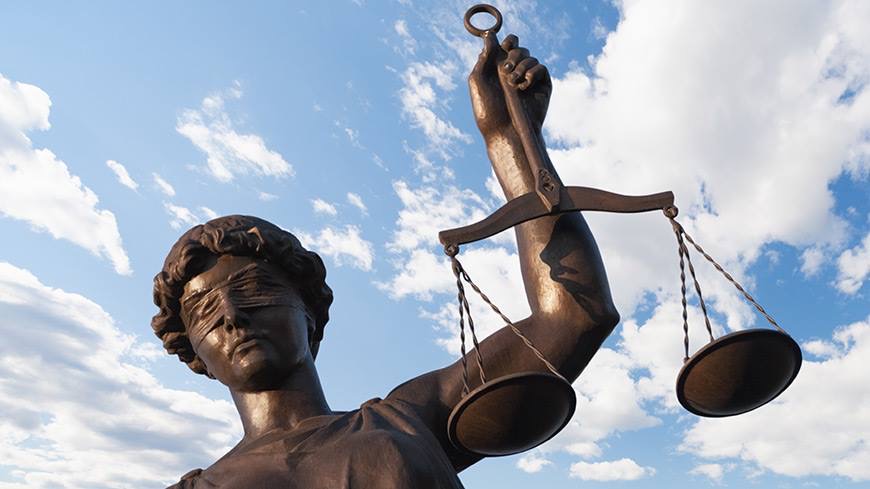The Group of the Unified European Left in de Parliamentary Assembly of the Council of Europe urges member States and Parliaments to combat the COVID-19 pandemic while upholding Council of Europe standards and values.
In reaction to the recent COVID-19 pandemic, governments of Council of Europe member States have taken often draconic measures to combat the effects of the deadly virus, which has already infected hundreds of thousands of European citizens, many of them hospitalized; which has killed tens of thousands of them; and which is paralyzing large parts of the economy and the society with unforeseeable effects.
Many of these measures, taken to combat the COVID-19 pandemic, could have negative effects on the rule of law, human rights and democracy and therewith harm fundamental standards and values of the Statute of the Council of Europe, the European Convention on Human Rights, the European Social Charter and of many other relevant COE-conventions.
Therefore the Group of the Unified European Left fully endorses the warning given by the Council of Europe Secretary General, stating that ‘the virus is destroying many lives and much else what is very dear to us. We should not let it destroy our core values and free societies.’ We call upon member States governments to make ample use of the Secretary General’s ‘toolkit’ for national governments: https://rm.coe.int/sg-inf-2020-11-respecting-democracy-rule-of-law-and-human-rights-in-th/16809e1f40
Especially in times of crisis it is crucial to uphold our standards and values. Therefore we call upon our colleagues in the Parliaments of the 47 Council of Europe member States to be vigilant and strong in order to protect the rule of law, human rights and democracy, throughout Europe; from Vladivostok to Reykjavik, from the North Pole to the Mediterranean Sea.
The Group of the Unified European Left endorses the call of the President of PACE on member States ‘to abide by the ECHR when responding to this crisis’. We support his call that ‘a state of emergency that requires derogation from the ECHR, must be limited in duration, circumstances and scope, and that emergency powers may be exercised only for the purpose for which they were granted, and that the duration of emergency measures sand their effects may not exceed that of the state of emergency.’
We fully agree with the Chairperson of the Committee on political affairs that ‘in times of crisis democracy cannot be put op hold’ and underline her statement that ‘parliamentary scrutiny and democratic accountability become even more important in times of crisis as the executive has to enact, under time constraints, immediate measures, which can have a huge impact on people’s lives and freedoms’.
We also endorse the statement of the Chairperson of the Social Affairs Committee that COVID-19 pandemic ‘has revealed the need for strong protection of human rights, including economic and social rights’, as well as the statement of the Chairperson of the sub-committee on the European Social Charter that ‘the rights defended by the European Social Charter are being challenged’ in these times of crisis.
We share the position taken by the Chairperson of the Migration Committee that especially during this COVID-19 pandemic, ‘member States must provide humanitarian aid to refugees in camps’, as well as the call of the Rapporteur on stopping violence against and exploitation of migrant children ‘to immediately provide safe accommodations to unaccompanied migrant children against COVID-19 infection.’ We also recognize the call of the Assembly’s General Rapporteur on combating racism and discrimination that ‘many Roma and Travellers risk being especially hard-hit by the worst consequences of the pandemic: loss of livelihood, serious illness and loss of life.’
We ask our colleagues to take robust action in case Council of Europe member States’ authorities abuse the crisis, which is – according to the co-rapporteurs of the Monitoring Committee – the case in Turkey, Poland and Azerbaijan.
In Turkey, politicians, journalists, academics, dismissed civil servants, civil society activists and many others detained on terrorism related charges for exercising their right to freedom of expression and assembly, are excluded from amnesty measures related to COVID-19 pandemic.
In Poland, presidential election will be organized by postal voting during a full lockdown as a result of the COVID-19 pandemic, against European standards which demand that the electoral framework should not be changed just before elections.
In Azerbaijan, most political prisoners are excluded from release in a presidential decree which pardons prisoners aged over 65 in need of special care due to COVID-19 pandemic.
With respect to the measures taken in Hungary, we share the reaction of the COE Secretary General that ‘an indefinite and uncontrolled state of emergency cannot guarantee that the basic principles of democracy will be observed and that the emergency measures restricting fundamental human rights are strictly proportionate to the threat which they are supposed to counter’ and that ‘democratic debate in national parliaments, in the media and the internet, as well as access to official information and documents are essential elements of any free and democratic order and of particular importance in crisis situations to maintain trust and confidence within society.’
The Group of the Unified European Left is convinced that Europe’s oldest and largest treaty organization has to continue its activities especially in these times of crisis, when the rule of law, human rights and democracy are under severe pressure. We therefore welcome the proposal of the Presidential Committee of the Assembly to continue – in spite of the difficult circumstances – the work of the Council of Europe and its statutory bodies, the Committee of Ministers and the Parliamentary Assembly, by using – amongst other means – remote meetings of Assembly committees, its Bureau and its Standing Committee, in order to continue the preparatory work for the upcoming plenary meetings of the Assembly.
As we have entered a dangerous terra incognito we need more than ever, our anchors to rely on: the rule of law, human rights and democracy. Therefore the Council of Europe, its statutory bodies and all its instruments, should now do their utmost to safeguard these anchors.
